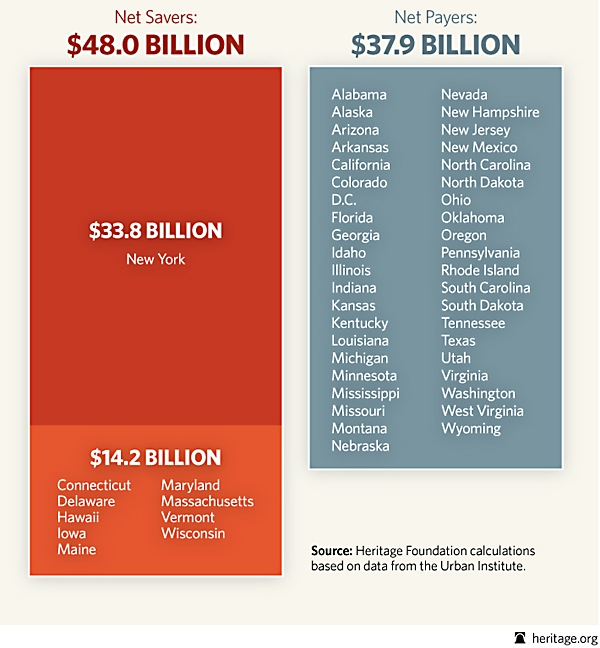Who Will Bear the Cost of ObamaCare? The Employees
[T]he great bulk of the cost of newly offered coverage will come, not out of profits or hiring, but out of worker cash wages. That is what happened in Massachusetts when “RomneyCare” was implemented. While there was little impact on the overall labor market, there was a striking change for those workers who gained new insurance: they saw wage reductions (relative to the trend) of almost precisely the cost of health insurance to their employers. Adding further evidence for the power of the employer side of the labor market to adjust in the face of an individual as well as an employer mandate, the number of employers offering health insurance actually increased following reform.
By Mark Pauly, et al.


